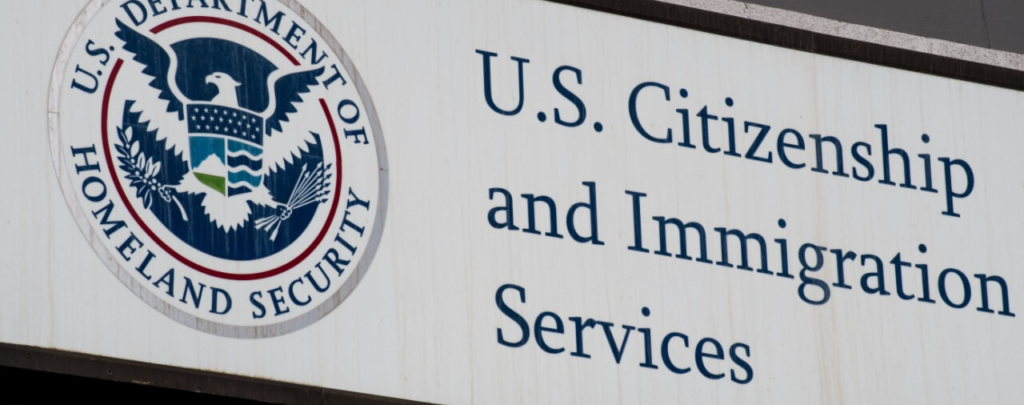On June 27, 2018, the Supreme Court of the United States announced that Justice Anthony Kennedy will retire [PDF version]. The Court also included the letter that Justice Kennedy will submit to President Donald Trump, notifying him of his decision [PDF version]. Although the Court has confirmed that Justice Kennedy will retire, his retirement will not become effective until July 31, 2018. He will continue to serve in a senior status on lower federal courts after his retirement from the Supreme Court is final.
Justice Kennedy was nominated to the Supreme Court by former President Ronald Reagan. He assumed his seat on February 18, 1988. Prior to serving as an Associate Justice, Kennedy had served as a judge on the United States Court of Appeals for the Ninth Circuit from May 30, 1975, until his confirmation to the Supreme Court. He had been nominated to the Ninth Circuit by former President Gerald Ford.
Justice Kennedy, known for being a “swing vote” on the Court since the retirement of former Justice Sandra Day O’Connor over a decade ago, is currently the most senior Associate Justice. This has meant that in any case where Justice Kennedy was in the majority and Chief Justice John Roberts was not, Justice Kennedy assigned the drafting of the majority opinion. Once his retirement takes effect, Justice Clarence Thomas will become the most senior Associate Justice.
Justice Kennedy’s eventual replacement will potentially change the Court’s jurisprudence on a variety of important issues. For those interested in reading about potential nominees, please see our blog on the current version of President Trump’s Supreme Court shortlist, from which he has stated that he will draw his next choice to fill the seat being vacated by Justice Kennedy [see blog]. Regardless of the nominee, we can expect to see a contentious debate in the Senate over his or her confirmation as we also prepare for the upcoming midterm elections.
The Supreme Court is immensely important in the immigration context, generally handing down multiple decisions each term that either directly involve immigration laws or that address criminal or administrative issues that implicate immigration law. Over the coming weeks, we will post blogs and articles examining Justice Kennedy’s record in immigration and related cases and the record of the eventual nominee to replace him. Please continue to follow our blog for updates.





